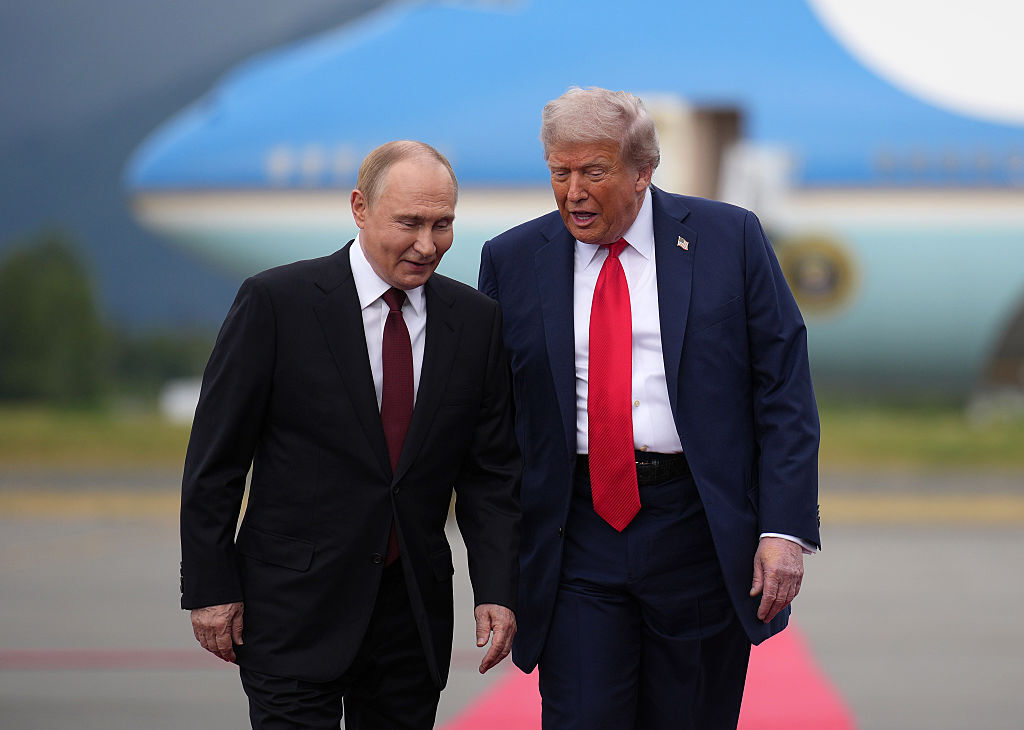The neoliberal model of capitalism hit the rocks in 2008 and has stagnated ever since. Multibillionaire tech oligarchs dominate Western society. Meanwhile, China, a state-directed economy, has continued to grow while transforming itself into the world’s leading manufacturer of high-tech goods and infrastructure, dispelling the notion that the Western liberal model of development is the only one that can succeed.
And then there is the decline of liberal politics. Far-right parties are quickly moving from the role of insurgents to that of chieftains in many Western countries. Even where centrists cling to power, they are increasingly shedding their own association with liberal political values. From Britain to Germany and Romania, ostensibly center-left governments and liberal-democratic states have put into question fundamental liberal tenets, including equality before the law, freedom of speech and assembly, and respect for the outcome of free and fair elections.
…
What these inconsistencies in Pilkington’s worldview reveal is someone trying to ride two horses that are moving in different directions. He wants to appeal to the tastes of the insurgent right-wing forces in Western societies, who constitute the target audience of this book, while at the same time identifying with the major success story of our time: non-Western, non-liberal China. But the truth is that the Right intensely dislikes China just as much as the centrist liberals do. Neither tendency would like to admit the reason for this: they have more in common with each other than what divides them.
…
There is also an emerging consensus around the construction of police states that strip away fundamental rights. Here, there is more contention, as both the Right and the centrists accuse one another of attacking freedom of speech and assembly. The reality is that both are implementing increasingly draconian policies in power, working hand in glove with Big Tech to do so. Tech-driven authoritarianism is likely to be the defining feature of a post-liberal order.
…
Liberals have frequently spoken the language of universal rights while relativizing them in practice. This is most obvious when we look at the liberal history of colonialism and imperialism. But post-liberal authoritarianism seeks to take pride in supremacy, arguing that it is justified because of “natural” hierarchies between people and peoples. Approached consistently, this supremacism is the basis for the arbitrary exercise of executive power by the strong over the weak — despotism.



Neoliberals are like libertarians. They’re right wing in every way except they’re cool with gay people where libertarians like weed